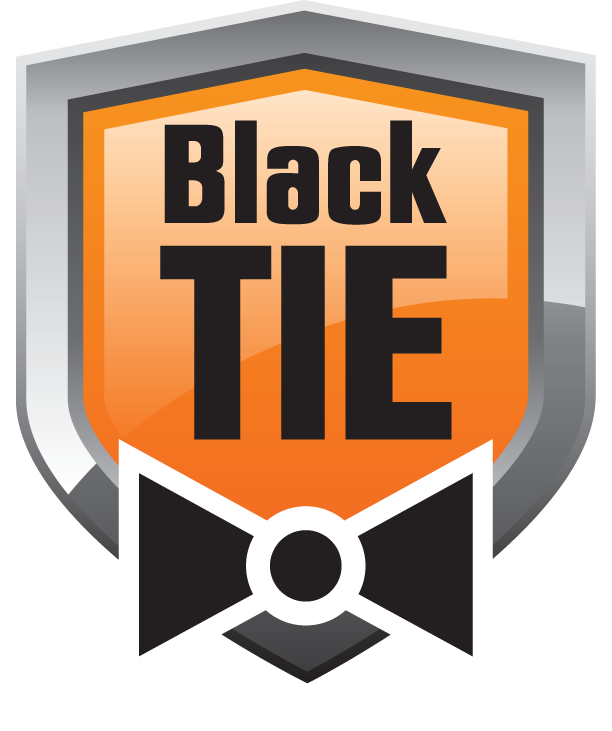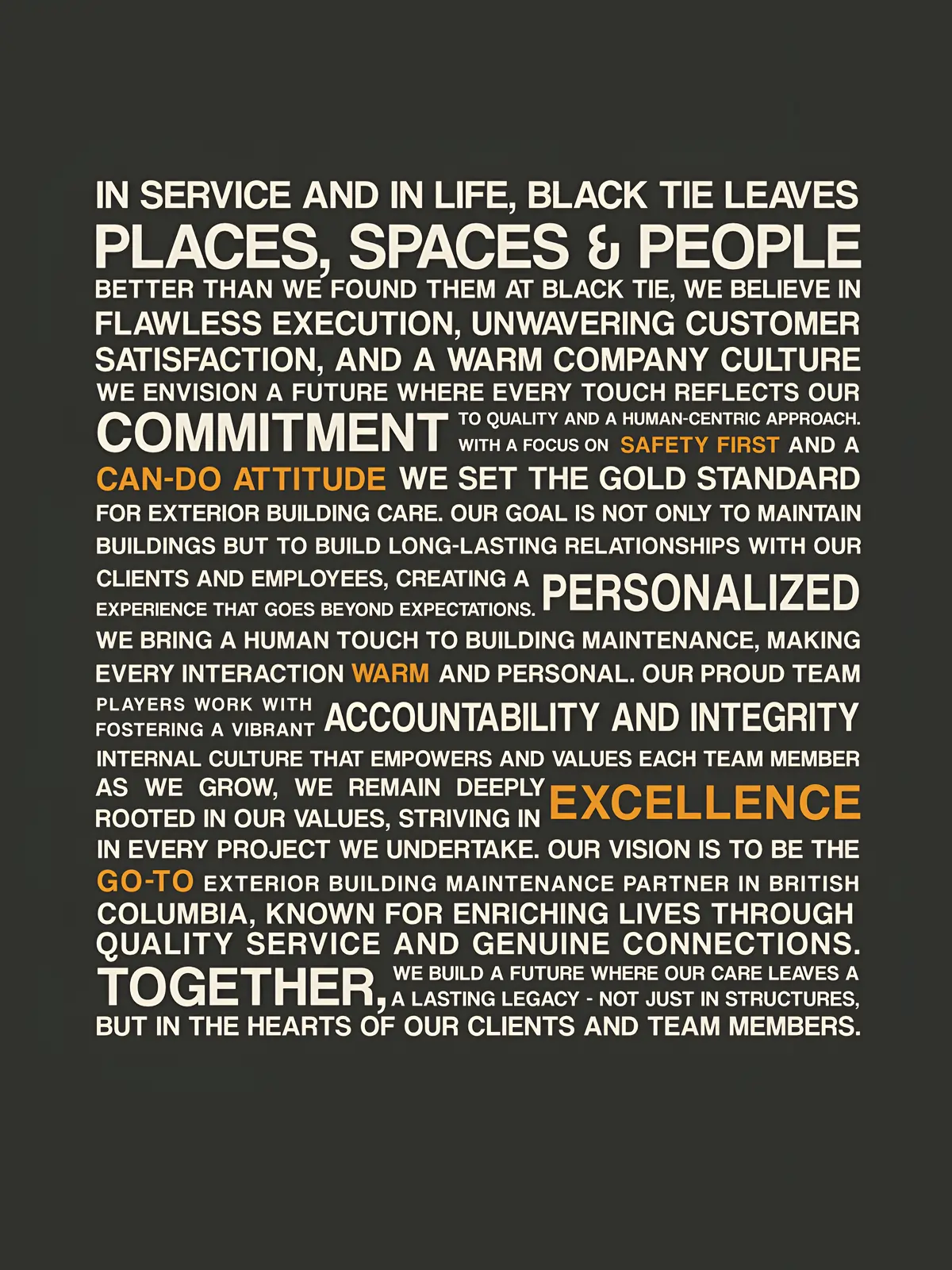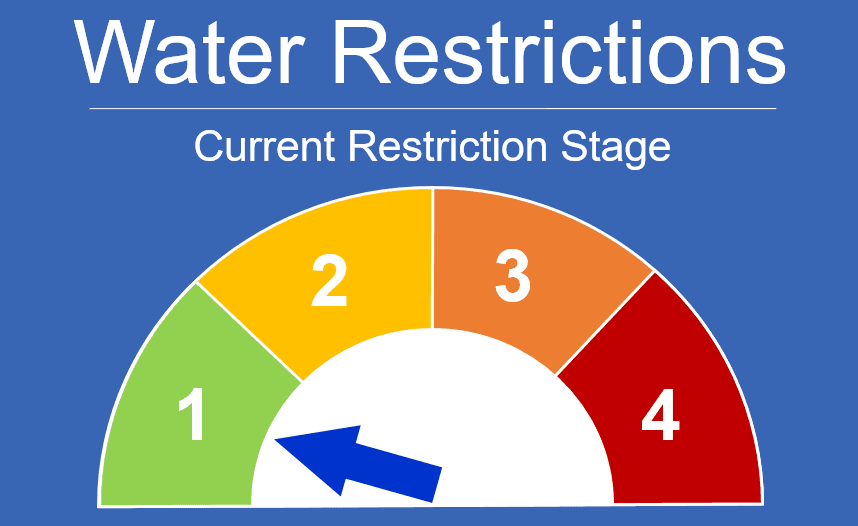… A message to our employees from our Founder & CEO, Sebastien Nault.
When I moved to Vancouver, in 1999, I was introduced to high-rise window cleaning by a good friend of mine.
You would all be appalled by the training I received and equipment I was given. I was basically given a 20 minute briefing on the roof, given a 10 year old Home Depot harness and was told to go sit on the bosun chair that had been setup for me on the side of a 10 storey apartment building in West Vancouver.
I was obviously terrified, mostly because of my fear of heights. If I had any idea how dangerous what I was doing was, I probably would have walked away to never come back, but I trusted my boss at the time, and stepped over the edge for the first time.
Fortunately for me, in my 7 years of bosun chair work, despite a few close calls, I never suffered a major fall or accident. What was less fortunate is that it left me with a sense of invincibility and a clear lack of understanding of basic safety standards. I was of the mind that common sense should prevail, and that safety protocols were mostly overkill.
Fast forward to 2011, the year I started Black Tie. I went out and purchased a couple harnesses, ladders and bosun chair kits and started pounding the pavement to get our first jobs on the books. Unfortunately, my mentality around safety had not changed, and our first hires were poorly trained and safety was evidently lacking.
As our client base grew, our need for more qualified workers also increased and we started receiving applications from certified rope techs, so, for about two years, we ran a hybrid crew of bosun chair workers and rope access technicians, while our ground crew remained mostly untrained.
It quickly became evident that the rope access technicians were more knowledgeable about risk management and safety in general and despite the significant cost associated with moving to rope access only, we decided it was the best decision for the business.
For me, the turning point in my personal views and mentality around safety was when we crossed the threshold of 10 employees. I realized that I now had 10 people under my responsibility, out there, on ladders, on ropes, basically risking their lives every day, and I knew I wouldn’t be able to forgive myself if any of them was to suffer a preventable injury.
Shortly after, Rob and I went through the exercise of creating our company values, and Safety First is the one that most resonated with both of us. We wanted to create an organization that would be truly driven by high safety standards. A company where cutting corners would not be tolerated, and where everyone would have the training required to perform their work safely.
We wanted to create a safe space where workers would feel empowered to challenge the status quo and would help the organization grow and elevate the standards in our industry.
This is obviously a constant work in progress, and we keep finding ways to make things better every year, mostly driven by suggestions offered by technicians and field workers.
Over the years, we have made significant progress by achieving COR certification, creating a Joint Occupational Health and Safety Committee (JOHSC), holding monthly safety meetings and weekly toolbox talk and ensuring that everyone’s certifications are up to date.
This year, we will continue on our path of constant learning and improvement by bringing trainer certification in house for basic fall protection and ladder safety. We will also continue to offer recertification and leveling up for qualified rope access technicians, along with regular hands on training and practice sessions.
as a reminder …
Mandatory:
*Fall protection (not needed if IRATA or SPRAT certified)
*Ladder safety
*IRATA or SPRAT (rope access techs only)
Optional:
*First Aid – OFA 1 (one rope access tech per site is required)
*Elevated work platforms operation (Boom lift and scissor lift)
*WHMIS
Safety First is not just something we say, it is how we behave and conduct ourselves every day. We want you to stay safe and healthy, and rely on you to point out areas where we can improve.
Together, we can keep moving forward and create the safest company in our industry.







